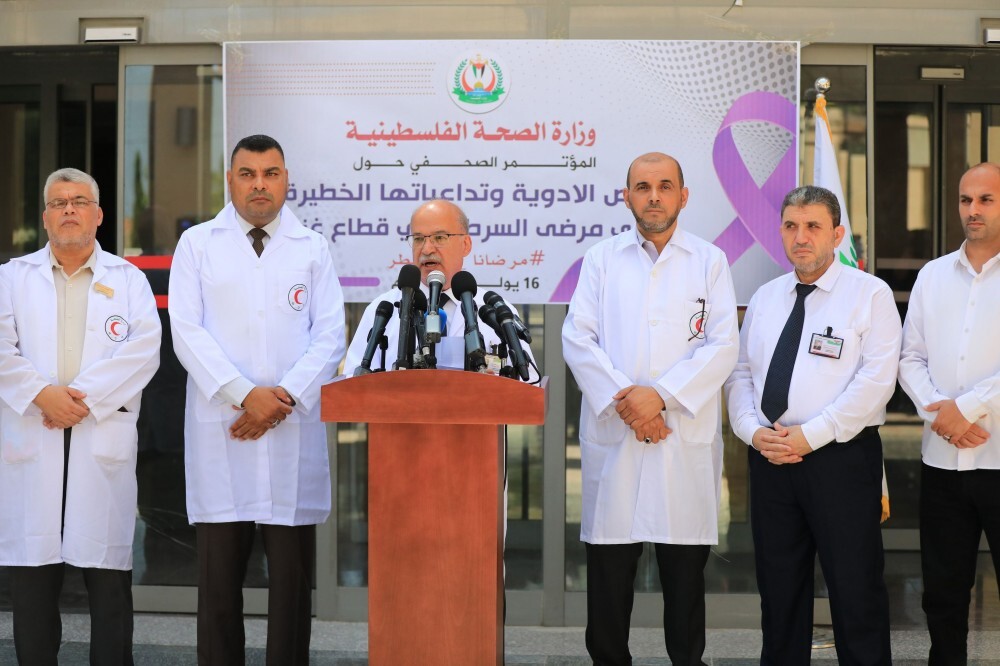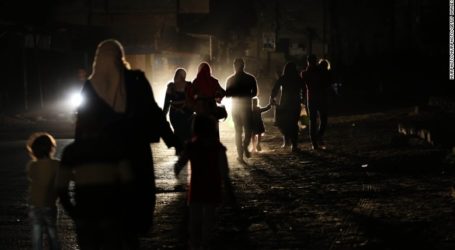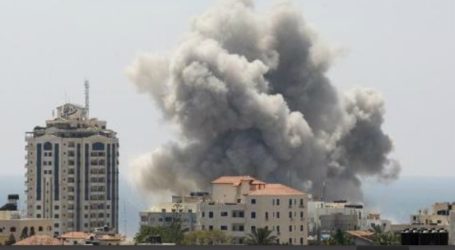Lack of Medicines Threatens the Life of 9,000 Cancer Patients in Gaza

Gaza, MINA – The Palestinian Ministry of Health said that a shortage of medicines threatens the lives of more than 9,000 cancer patients in the Gaza Strip, Shahifah Al-Quds reported on Monday.
The Ministry of Health stressed the need for the relevant authorities to intervene immediately to save their lives before it’s too late.
Director General of the Turkish Friendship Hospital and Gaza Cancer Center dr. Subhi Skaik, said, “Cancer patients suffer due to lack of diagnostic and treatment skills, with the increasing number of cancer patient cases among the population.”
“Currently, there are more than 9,000 cancer patients in the Gaza Strip,” with a cancer incidence of 93.1% among every 100,000 residents. This figure was 60% in 2000,” he said.
He stated, World Health Organization (WHO) statistics mention the current increase in tumor rates, which amount to 93.1% among every 100,000 citizens, and will double by 2040.
It also shows a high mortality rate among cancer patients to 12.5%, he said.
Skaik stressed that cancer patients suffer from a severe shortage of drugs, lack of radiotherapy, lack of nuclear medicine ability to diagnose cancer patients, and lack of some important analyzes to diagnose them.
Skaik called on the international community and related parties to immediately intervene to save the lives of cancer patients in the Gaza Strip.
Meanwhile, Director General of Pharmacy of the Ministry of Health Ashraf Abu Mahadi explained in a press conference, 45% of the drugs needed by oncology patients were not available in the last six months, which resulted in patients not receiving the necessary medicines.
Abu Mahadi stressed the importance of therapeutic drugs given to patients, especially cancer patients.
He pointed out that oncology patients follow integrated treatment regimens of several complementary drugs, and when one of them is missing, the treatment required for the patient is incomplete, indicating not receiving integrated treatment services. (T/RE1/P2)
Mi’raj News Agency (MINA)





